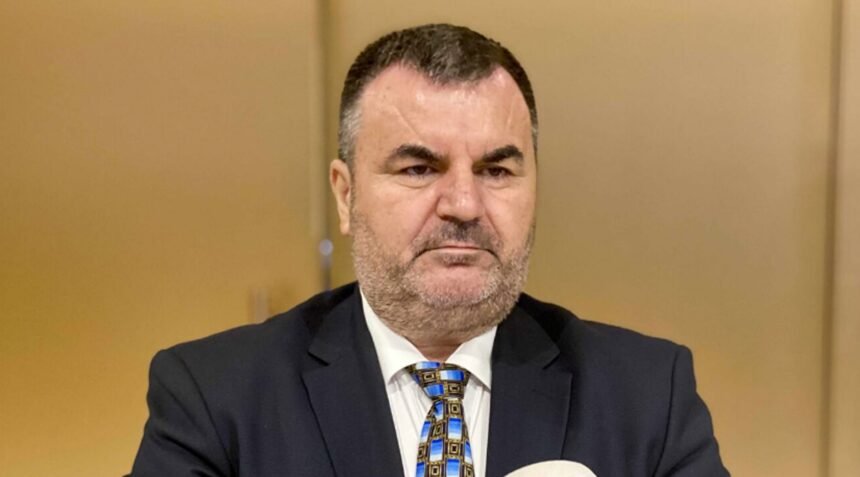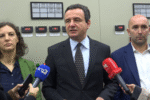Ombudsman Naim Qelaj has raised serious concerns about the way the judicial process against former KLA leaders is being conducted in The Hague, stressing that Kosovo has not done enough to ensure a fair, impartial, and independently monitored trial.
In an interview with Ekonomia Online, Qelaj avoided commenting on financial support from Kosovo’s state budget for the defense of Hashim Thaçi, Kadri Veseli, Jakup Krasniqi, and Rexhep Selimi, but emphasized the absence of independent monitoring of the trial.
“The first thing we should ensure is a fair and impartial process. Kosovo has not done enough here, because it was essential for this court to be monitored by an authority that is non-political and non-institutional — such as a human rights institute or a civil society organization. I raised this concern already in 2021, because despite the verbal assurances from judges and the court’s president, these are insufficient in practice,” Qelaj stated.
He pointed out that citizens’ concerns are legitimate, given the lack of transparency, heavy redactions, translation problems, and questionable use of evidence — some allegedly obtained from intelligence services of states hostile to Kosovo.
“Sessions are redacted, documents and evidence are heavily censored, there are translation issues, and evidence is reportedly sourced from hostile secret services. All of this raises doubts for citizens of the Republic of Kosovo — in whose name this court operates — about whether the court truly guarantees the human rights of the accused, victims, and witnesses,” he said.
According to Qelaj, it is now time for the Council of Europe to step in and monitor the Specialist Chambers, to ensure the court acts strictly within its mandate.
“This court was established as an international obligation Kosovo accepted. It is crucial to verify whether it is functioning within that mandate or exceeding it. Since the Council of Europe played a central role in the establishment of this court, it should now become actively involved in its monitoring,” Qelaj concluded.







